Materials
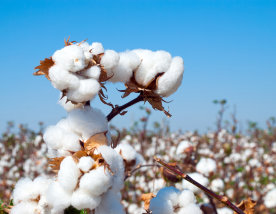
Cotton
Cotton is one of the most popular natural fibers. It is tear-resistant, does not scratch and is also easy to care for.
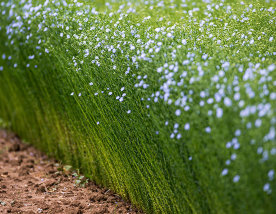
Linen
Linen is a wonderfully sustainable textile fiber.
At bedandroom, we always select our products according to two important criteria: Best quality and beautiful lifestyle.
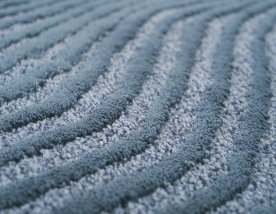
Acrylic
Acrylic fibers are more resilient than other natural and synthetic fibers, washable and hypoallergenic.
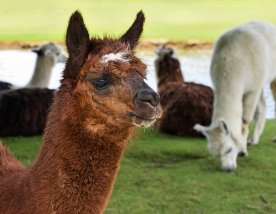
Alpaca
Compared to sheep's wool, alpaca is warmer, finer and has a lower fat content. The processing of the fine hair, such as carding, spinning and weaving, is very similar to the finishing of wool.
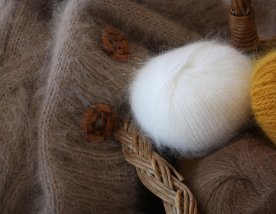
Angora
The fiber is incredibly fine, soft and can drastically improve the feel of wool when added.
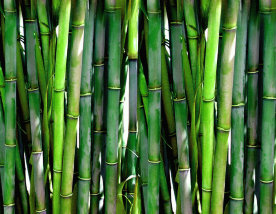
Bamboo
Bamboo products are hard-wearing and durable.

Spandex
Elastane is mainly used for clothing such as underwear, sportswear and socks due to its elasticity and fit, as well as being mixed with other fibers.
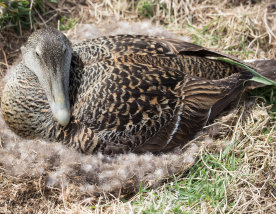
Eiderdown
Eider down offers dreamlike, luxurious sleeping comfort in a class of its own.
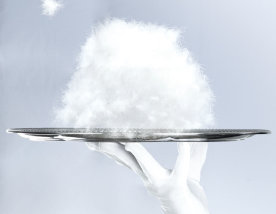
Goose down
Bedandroom only offers down bedding filled with goose down and feathers from species-appropriate husbandry and of the best quality.
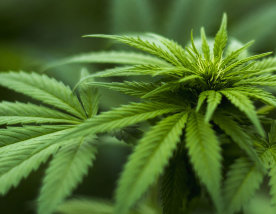
Hemp
Hemp is an ecologically valuable crop, as no pesticides are required for its cultivation and it has a high yield despite its low water requirement.
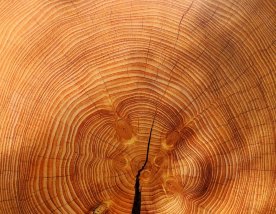
Wood
Wood is the basic material for natural fibers such as modal and viscose and is also finding its way into the world of high-quality interiors as bath mats, broom styles and clothes brushes.
Jute
As natural fibers, jute fibers are completely biodegradable. Jute fiber has a golden and silky sheen, which is why it is also known as "the golden fiber".

Camel hair
The fine, soft fluff is used to make high-quality blankets under which you neither sweat nor freeze.
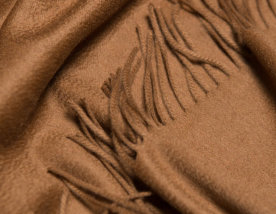
Cashmere
After the cashmere goats have braved the icy winter with their fine, warming undercoat, the undercoat is combed out by hand during the hair change in spring.
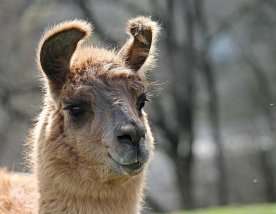
Llama
Natural llama wool is antibacterial, preventing bacteria from multiplying on the surface and preventing unpleasant odors.
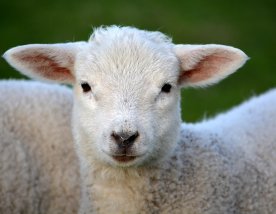
Lambswool
Like normal wool, lambswool is particularly temperature-regulating, heat-insulating and moisture-absorbing with a low weight and is very popular in the production of cuddly soft, warm plaids.
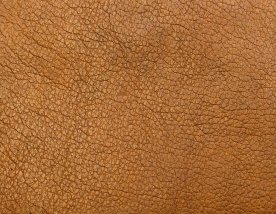
Leather
Leather is a durable, robust, strong and supple material that can be used in many different ways thanks to its numerous processing options and properties.
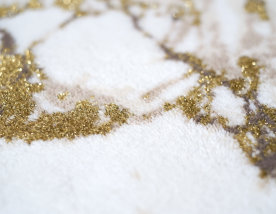
Lurex
Lurex is made from polyester yarn coated with aluminum, which gives the ribbon-shaped ribbon its metallic sheen.
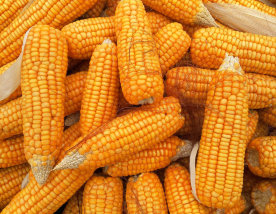
Maize
The annually renewable raw material offers a sustainable, environmentally friendly alternative to synthetic fibers.
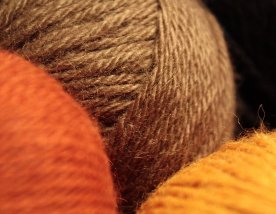
Merino
Merino wool is particularly popular for its softness, as it feels supple and soft on the skin without scratching.
Metal
Metal fibers can be used in textiles as antistatic fibers and can be used in this capacity in electrically insulating protective clothing, among other things.
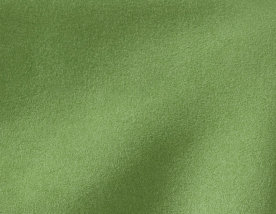
Microfiber
Microfiber fabrics are particularly soft, dimensionally stable, lint-free and are often used to clean delicate surfaces and make exceptionally supple clothing.
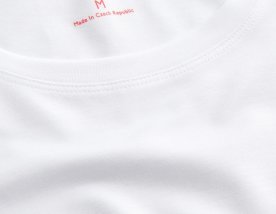
Modal
Textiles made from modal are supple, soft on the skin and particularly supple. It is often blended with cotton, as both fibers have similar properties.
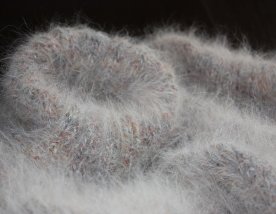
Mohair
The hair of the Angora goat is known as mohair and is considered the lightest natural textile fiber.

Nylon
Nylon is a synthetic material made from polymer. Developed in 1935 by Wallace Hume Carothers, it was the first synthetic fiber made exclusively from carbon, water and air.
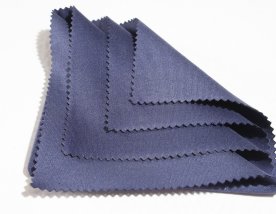
Polyamide
Polyamides are mainly used in textile production, e.g. clothing, parachutes, ropes, etc.
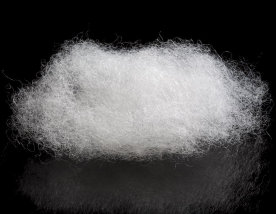
Polyester
Polyester (PES) is a fiber made from synthetic polymers, has versatile properties and is therefore the most common form of synthetic fiber. Polyester fabrics are very tear-resistant, abrasion-resistant and hardly absorb any moisture.

Virgin wool
New wool refers to new wool shorn from a living animal. Wool from recycled old textiles and wool from the food industry may not be referred to as "new wool".

Silk
Silk is an animal fiber obtained from the cocoons of the silkworm. Consisting mainly of pure protein, silk is the only textile "endless" fiber that occurs in nature.
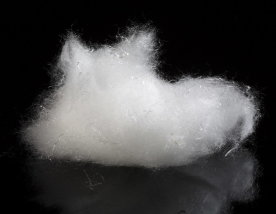
Tencel/Lyocell
Textiles made from Lycell fibers are dry and wet-strength, skin-friendly and soft and supple. They have a smooth, cool feel with a fashionably flowing drape and crease very little.
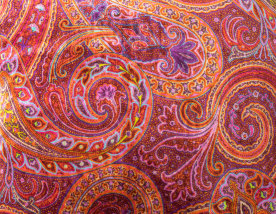
Viscose
Viscose refers to regenerated fibers (chemical fibers) made from regenerated cellulose, which is obtained from wood species such as beech, eucalyptus and spruce.
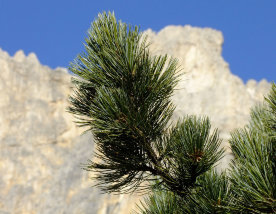
Swiss stone pine
Swiss stone pine has extremely positive effects on people's ability to cope with stress and recover.

 PRIVACY SETTINGS
PRIVACY SETTINGS